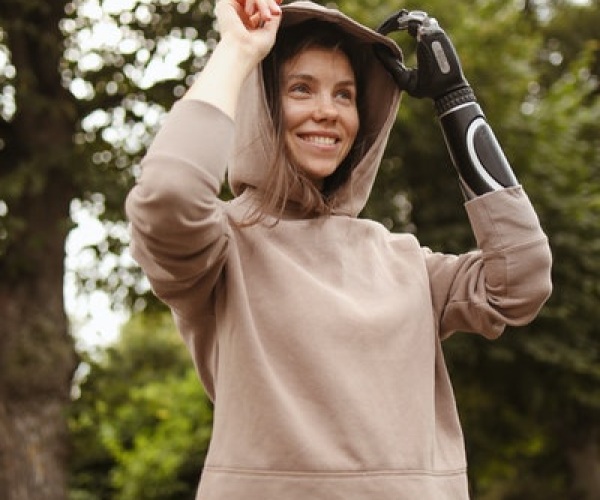Adjusting to a new disability

A psychologist may not be the first person you think of when impacted by a new or sudden disability, however, they may play a very important role in your ability to cope and adjust to your change of circumstances. It is estimated that 80 percent of individuals with disabilities acquire them during life—whih means a majority of people with disabilities are born without them. Sudden permanent disabilities maybe caused by accidents, the onset of illness, a deteriorating medical condition or any combination of life factors. A sudden disability may be physical or mental and adjusting to them can be emotionally traumatizing.
When people experience a sudden disability for the first time, they endure a mourning process that might be equated to the loss of a loved one. Unsurprisingly, a number of people find themselves experiencing anger, depression, fear, anxiety and a deep sense of loss. With this, the person’s system of life and living has changed, which means they must endure a process of adjustment and self-evaluation. They have to deal with a change in the role of the family, cross-cultural issues, negative public demeanours and professionals assisting them with adjusting to their new way of life.
In adjusting to the disability, the person’s experiences may be divided into a series of four stages – shock, denial, anger/depression, and adjustment/ acceptance.
Shock:
Shock involves a state of both emotional and physical numbness that can last from a few hours to several days.
Denial:
Denial may last anywhere from three weeks to two months and is a defence mechanism that allows the implications of the new disability to be gradually introduced. Denial only becomes an issue when it interferes with the person’s life, forms of treatment, or rehabilitation efforts.
Anger/Depression:
Anger and depression are reactions to loss and the person’s change in social treatment and status. The person may experience a number of different emotions during this stage and grieve for the changes in their body image, function, loss of future expectations, or former satisfaction based upon any function that has been lost.
Adjustment/Acceptance:
The stage of adjustment and acceptance does not necessarily mean the person is happy about the disability they now experience, although it does allow for the relinquishment of any false hopes, as well as the successful adaptation of new roles based upon realistic potentials and limitations. The person might benefit from interactions with others who experience forms of disabilities, and becomes comfortable with who they are.
This process is not always orderly or neat and people go through these stages at their own paces. Researchers have found that people with acquired physical disabilities, who adjust more successfully to their disabilities are physically and psychologically healthier. On the contrary, when the person has trouble resolving one of the stages or accepting their disability, poor physical and psychological health, especially depression, often follows and progress towards adjustment and acceptance is hindered.
No matter how well-adjusted, emotionally strong, or mature a person may be, the experience of a new form of disability shakes people‘s basic beliefs about themselves. The experience forces the issue of ‘finding one’s self.’ People adjust in ways they never believed possible. They learn things about themselves as they gain confidence and take pride and hope in acquiring new abilities to cope with what is often a challenging situation. With positive social support from family members, friends, and society at large, the vast majority of people who experience a new form of disability do adjust.
So if you or someone you know has been impacted by a sudden disability and feel they may be struggling with their current situation, please keep in mind that help is available and assistance can be provided to help them to achieve peace, hope and acceptance.